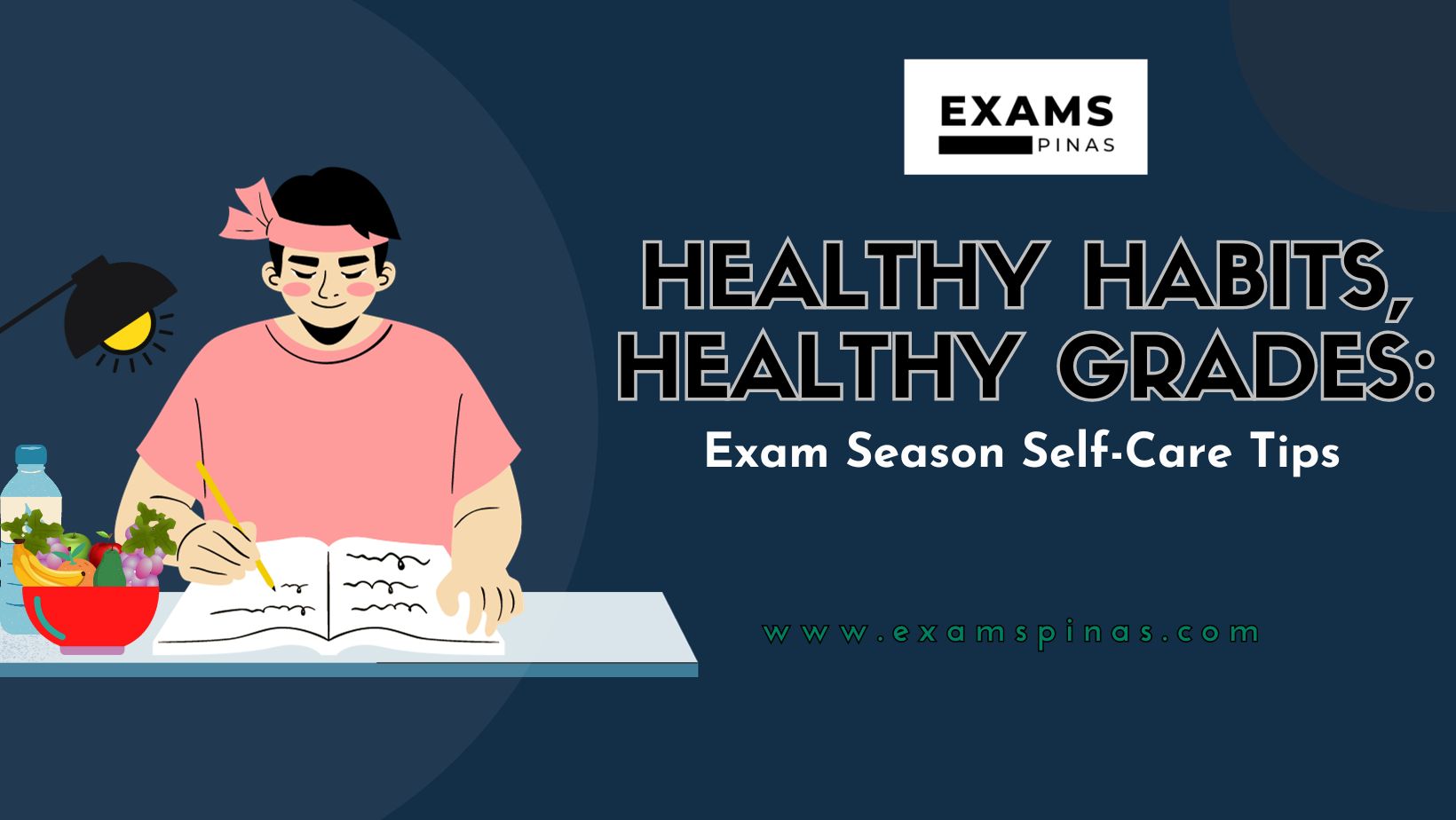Exams are a demanding part of every student’s life, and the pressure can take a toll on both mental and physical well-being. Navigating through exam season requires more than just a sharp mind; it demands a holistic approach to self-care. In this comprehensive guide, we’ll delve into proven strategies that not only boost your well-being but also contribute to academic success.
* The Mind-Body Connection
** Understanding the Impact of Stress on Academic Performance
Stress is an inevitable companion during exam season, but acknowledging its impact is the first step towards mitigating its effects. Boldly recognizing that your mental health plays a crucial role in academic performance sets the stage for effective self-care.
** Mindfulness Techniques for Stress Reduction
Mindfulness isn’t just a buzzword; it’s a powerful tool for stress management. Incorporating mindfulness techniques, such as deep breathing or guided meditation, into your daily routine can significantly reduce stress levels.
* Optimizing Study Environments
** Ergonomics and Posture
The connection between physical comfort and effective studying is often underestimated. Prioritize ergonomic study spaces and maintain good posture to avoid unnecessary strain on your body.
** Natural Lighting and Its Impact on Productivity
Exposure to natural light has proven benefits for concentration and mood. Embrace well-lit study areas, and consider spending time outdoors during breaks to recharge.
* Nutrition for Brain Power
** Brain-Boosting Foods
The food you consume directly influences cognitive function. Incorporate omega-3 fatty acids, antioxidants, and whole grains into your diet to support brain health during exams.
** Hydration and Cognitive Function
Don’t underestimate the power of hydration. Boldly drink enough water, as even mild dehydration can impact your concentration and memory.
* Balancing Study and Rest
** Establishing a Realistic Study Schedule
Boldly create a study schedule that considers both the quantity and quality of study hours. Balance is key to avoiding burnout.
** Quality Sleep and Memory Consolidation
Adequate sleep is a non-negotiable aspect of effective studying. Prioritize a consistent sleep schedule to optimize memory consolidation and cognitive function.
* Social Support and Mental Well-being
** Connecting with Peers for Emotional Support
Boldly reach out to friends and classmates who understand the challenges of exam season. Sharing experiences and emotions can be therapeutic.
** Professional Support Services
If stress becomes overwhelming, don’t hesitate to seek professional support. Access counseling services provided by educational institutions to navigate challenging times.
* Physical Exercise for Stress Relief
** The Role of Exercise in Stress Reduction
Boldly integrate physical activity into your routine. Exercise is a powerful stress reliever that enhances mood and boosts overall well-being.
** Quick Desk Exercises for Study Breaks
Incorporate brief exercises into study breaks to keep your body energized. Prioritize simple stretches or short walks to enhance focus when you return to your study materials.
In the pursuit of academic excellence, prioritizing self-care is not a luxury but a necessity. By adopting these healthy habits, you empower yourself to face exams with resilience and vitality. Remember, success is not just about grades; it’s about nurturing a balanced and thriving academic journey. Boldly embrace these self-care strategies, and let them be your guide to both a healthy exam season and a successful academic career.

